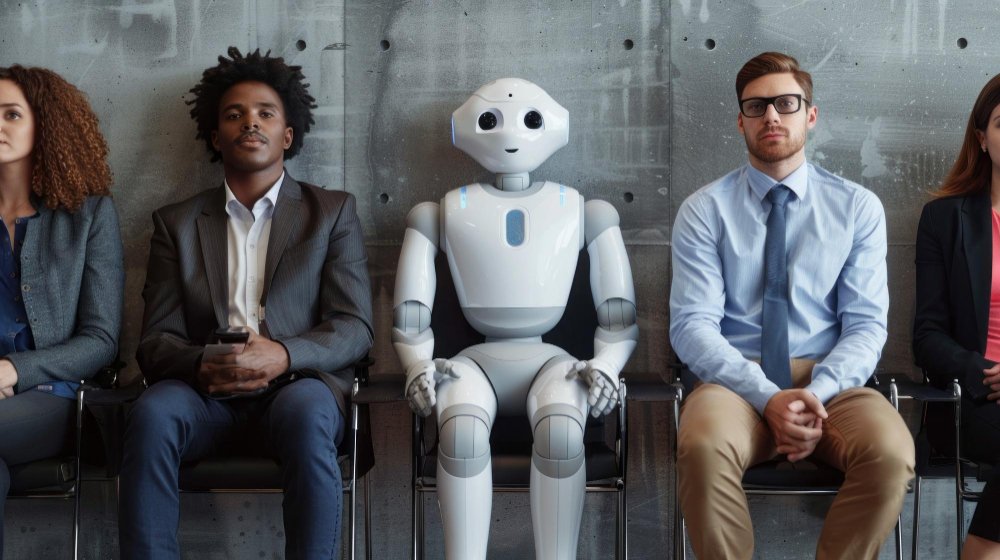What are the Pros and Cons of AI?
Artificial Intelligence (AI) has rapidly become an integral part of modern society, influencing various aspects of our daily lives. From personal assistants like Siri and Alexa to advanced medical diagnostics, AI technologies are transforming industries and reshaping the future. However, AI, like any powerful tool, has its own set of strengths and drawbacks.
This article delves into the multifaceted pros and cons of AI, exploring its impact on various sectors and addressing the concerns surrounding its widespread adoption.
What are the Pros and Cons of AI?
Pros of AI
1. Automation and Efficiency
One of the most significant advantages of AI is its ability to automate tasks and processes, leading to increased efficiency. AI systems can handle repetitive and mundane tasks with precision, freeing up human workers to focus on more complex and creative activities. This automation extends across industries, from manufacturing and logistics to customer service and data analysis.
2. Improved Decision-Making
AI algorithms excel at processing vast amounts of data quickly and accurately, providing valuable insights and aiding in decision-making. In sectors such as finance, healthcare, and marketing, AI-driven analytics can identify patterns and trends that humans might miss, leading to more informed and effective decisions.
3. Enhanced Customer Experiences
AI technologies, such as chatbots and virtual assistants, enhance customer experiences by providing instant and personalized responses to queries. These tools operate around the clock, ensuring that customers receive prompt assistance at any time. Additionally, AI-driven recommendation systems, like those used by Amazon, offer personalized suggestions, improving user satisfaction and engagement.
4. Advancements in Healthcare
AI is transforming healthcare by providing more precise diagnostics and customized treatment plans. Machine learning algorithms can analyze medical images and patient data to detect diseases early and recommend appropriate treatments.AI-powered robots assist in surgeries, improving precision and shortening recovery times. Moreover, AI aids in drug discovery and the development of new therapies.
5. Innovation and Creativity
AI fosters innovation and creativity by providing tools that assist in the creative process. For instance, AI-powered software can generate art, and literature, pushing the boundaries of human creativity. In research and development, AI helps scientists and engineers simulate and test new ideas, accelerating the pace of innovation.
Cons of AI
1. Job Displacement
One major concern about AI is its potential to replace human workers. As AI systems take over routine and repetitive tasks, certain job roles may become obsolete, leading to unemployment and economic disruption. While new jobs will likely emerge, there is a risk that the transition may not be smooth or equitable.
2. Ethical and Bias Issues
AI systems are only as effective as the data they are trained with. If the data is biased or flawed, the AI can produce discriminatory or unethical outcomes. For example, biased algorithms in hiring processes or law enforcement can perpetuate social inequalities. Ensuring that AI systems are fair, transparent, and accountable is a significant challenge.
3. Privacy Concerns
AI’s ability to process and analyze large datasets raises concerns about privacy. AI-driven surveillance systems and data collection practices can infringe on individual privacy rights. The misuse of personal data by AI systems can lead to identity theft, unauthorized profiling, and other privacy violations.
4. Dependence and Security Risks
As society becomes increasingly reliant on AI, the risks associated with AI failures and security breaches grow. Malfunctions in AI systems can lead to significant disruptions, especially in critical sectors like healthcare, finance, and transportation. Additionally, AI systems can be vulnerable to hacking and cyber-attacks, posing security threats.
5. Loss of Human Touch
Incorporating AI into customer service and healthcare can lead to a loss of the human touch. While AI can provide efficient and accurate responses, it lacks the empathy and emotional intelligence that humans bring to interactions. This loss can affect customer satisfaction and the quality of care in healthcare settings.
Role of aiotechnical.com
Aiotechnical.com is a leading platform dedicated to providing comprehensive information and resources on AI and its applications. The website offers a wealth of articles, tutorials, and expert insights that help individuals and businesses navigate the complex world of AI. Whether you are a beginner looking to understand the basics of AI or a professional seeking advanced knowledge, aiotechnical.com serves as a valuable resource. The platform also addresses ethical considerations, data privacy issues, and the impact of AI on various industries, ensuring that readers have a holistic understanding of the technology.
Conclusion
AI is a powerful tool with the potential to transform society for the better, offering numerous benefits such as increased efficiency, improved decision-making, and advancements in healthcare. However, it also presents significant challenges, including job displacement, ethical concerns, and privacy issues. As AI continues to evolve, it is crucial to address these challenges proactively and ensure that the technology is developed and implemented responsibly. By balancing the pros and cons of AI, society can harness its potential while mitigating its risks, paving the way for a future where AI enhances human capabilities and improves quality of life.







